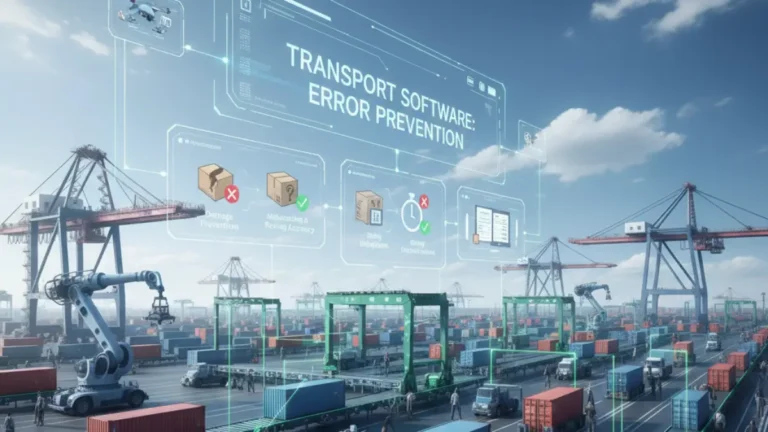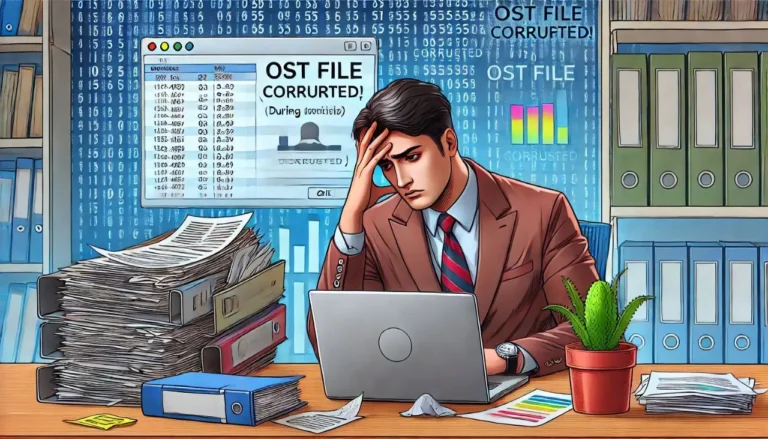Nowadays emails play a very important role in every individual’s life and keeping them safe also becomes parallelly important. Well, in today’s era the most reliable and safe email client is Gmail email. It is a choice of trillions of people and is used widely to exchange important information. HYour inbox holds years of critical conversations, client communications, and digital receipts that’d make your accountant weep. The best way to backup Gmail emails on Mac isn’t just smart housekeeping – it’s your insurance policy against digital disasters. Whether you’re switching jobs, preparing for a system migration, or just want peace of mind, here’s your 2025 playbook.
Why Smart Professionals Backup Gmail in 2025
Data breaches hit differently when it’s your business on the line. After watching colleagues lose years of client correspondence during a ransomware attack last year, backing up became non-negotiable. Here’s what drives the backup game:
The Real Threats:
- Cyberattacks targeting email accounts increased 40% in 2024
- Account suspensions without warning (yes, it happens)
- Hardware failures that wipe local data
- Legal compliance requirements for data retention
Your emails aren’t just messages – they’re digital assets worth protecting.
Manual Method: Google Takeout (The Free Route)
Google’s built-in solution gets the job done, but it’s like using a butter knife for surgery. Here’s the step-by-step:
Getting Your Data:
- Sign into your Google account and hit your profile icon
- Navigate to “Data & Privacy”
- Click “Download your data” (or go straight to takeout.google.com)
- Select “Mail” and hit “Next”
- Choose frequency and delivery method
- Pick your file size and format (MBOX recommended)
- Click “Create Export” and wait for the download link
What You Get: Your emails arrive as an MBOX file containing all messages. It’s functional, but here’s where it gets messy.
The Manual Method’s Pain Points
After testing Google Takeout multiple times, the limitations become obvious:
Major Drawbacks:
- No bulk selection options (it’s all or nothing)
- Attachments stay embedded (no separate extraction)
- Folder structure gets flattened
- Process takes hours for large mailboxes
- No duplicate removal features
For professionals managing thousands of emails, this approach feels like digital archaeology.
Professional Solution: Automated Backup Tools
Smart money goes on dedicated backup software. After researching solutions throughout 2024, automated tools solve what manual methods can’t.
Key Features to Look For:
- Multiple export formats (PST, EML, PDF, MBOX)
- Selective folder backup
- Attachment handling options
- Duplicate email removal
- Preserved folder hierarchy
- Incremental backup support
The Process (Using Professional Tools):
- Download and install the backup software
- Enter Gmail credentials (use app-specific passwords)
- Select folders for backup
- Choose export format and destination
- Configure filters (remove duplicates, date ranges)
- Start the backup process
Export Formats That Actually Matter
Different situations call for different formats:
| Format | Best For | Compatibility |
|---|---|---|
| MBOX | Cross-platform storage | Thunderbird, Apple Mail |
| PST | Outlook integration | Microsoft Outlook |
| EML | Individual email files | Most email clients |
| Legal documentation | Universal viewing |
Choose PST if you’re moving to Outlook, MBOX for flexibility, or PDF for permanent records.
Security Considerations for 2025
App passwords became mandatory for third-party tools after Google’s 2024 security updates. Here’s the setup:
Enabling App Passwords:
- Turn on 2-factor authentication
- Go to Google Account settings
- Generate app-specific password
- Use this password (not your regular one) in backup tools
Never share these credentials or store them in browsers on shared machines.
Backup Strategy That Actually Works
Based on real-world testing, here’s what professionals do:
The Smart Approach:
- Weekly backups for active email accounts
- Monthly full exports to external drives
- Cloud storage sync for critical folders only
- Quarterly restore tests to verify backup integrity
Set calendar reminders – backup discipline beats panic recovery every time.
Troubleshooting Common Issues
Large Mailbox Problems: If you’re hitting Google’s download limits, break exports into date ranges. Export by year or quarter instead of grabbing everything at once.
Authentication Errors: Double-check your app password setup. Regular passwords won’t work with most backup tools anymore.
Corrupted Downloads: Large files sometimes fail during download. Use tools that support resume functionality or split large archives.
The Bottom Line
The best way to backup Gmail emails on Mac depends on your needs. Manual methods work for light users, but professionals need automated solutions. Don’t wait for disaster to strike – your future self will thank you for the preparation.
After testing both approaches extensively, automated tools win for anyone managing business-critical email. The time saved and reliability gained make the investment worthwhile.
Ready to secure your digital communications? Start with a small test backup of one folder, then scale up your strategy. Your inbox contains years of valuable data – treat it like the digital asset it is.
Read more: Simple Method To Export office 365 to PST




